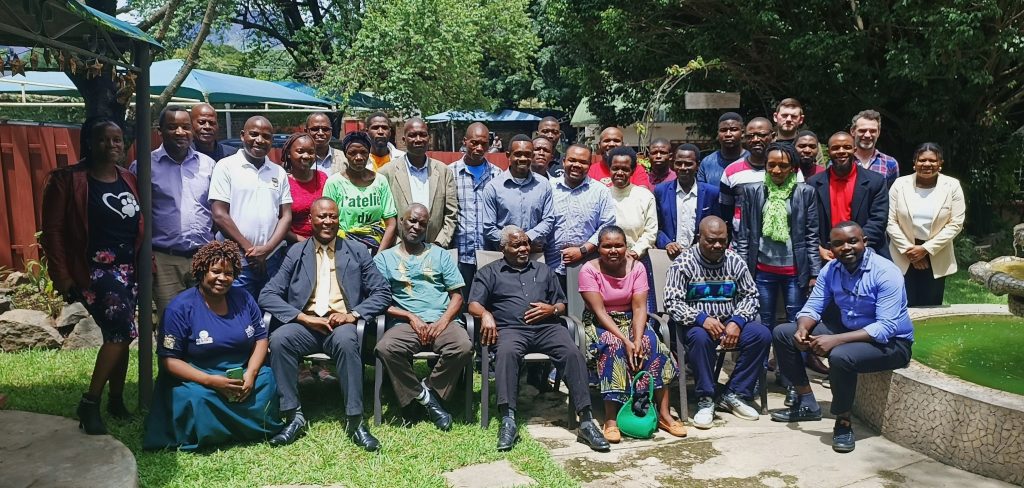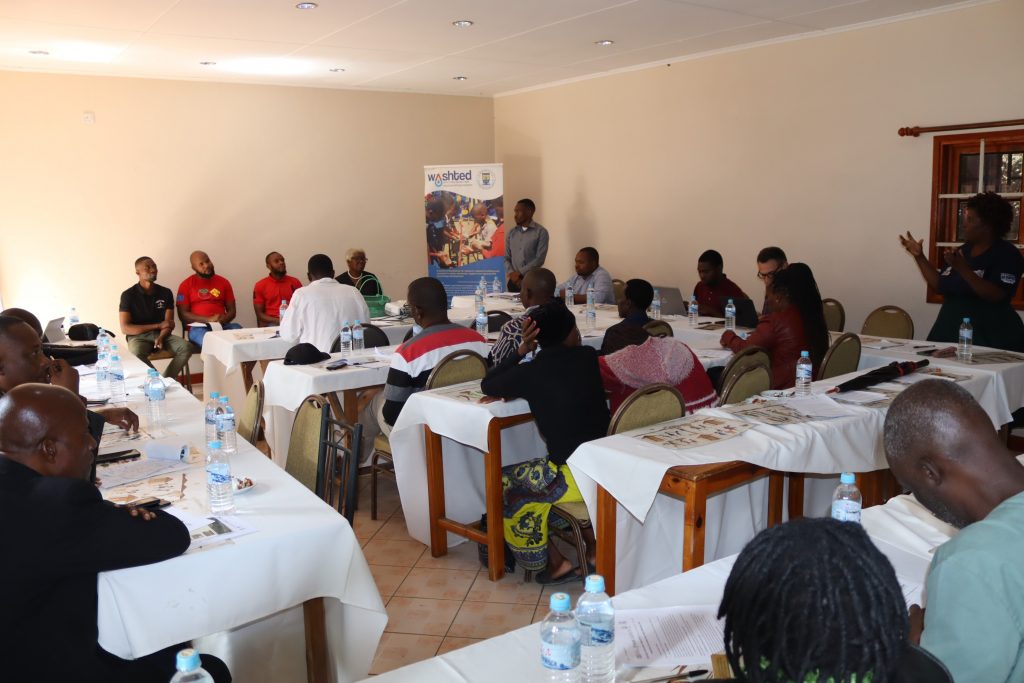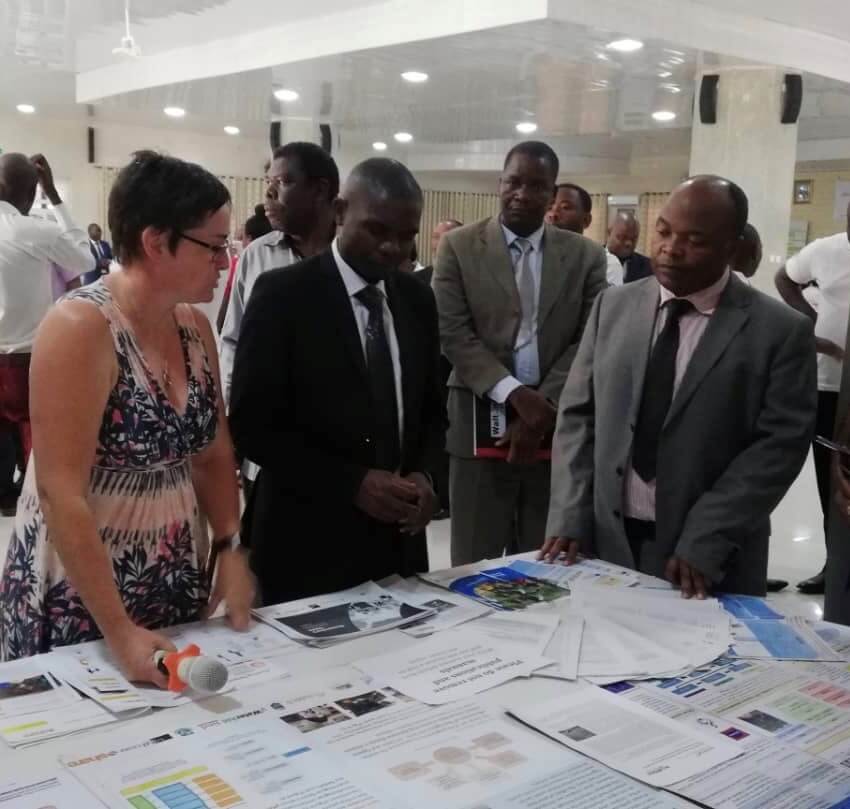Center for Water, Sanitation, Hygiene and Appropriate Technology Development (WASHTED) from Malawi University of Business and Applied Sciences (MUBAS) in collaboration with University of Malawi, Malawi Liverpool Wellcome Programme and University of Stirling convened a Citizens’ Jury in Blantyre on January 28–29, 2025. This aimed at addressing the growing challenges of thin plastic pollution and its impact on public health in Malawi. The event was organized through the Sustainable Plastic Attitudes to benefit Communities and their Environments (SPACES) research project funded by Natural Environment Research Council (NERC).

The event gathered 18 local residents from Ndirande and neighboring areas as ‘jurors. Over two days, participants listened to evidence presented by 20 expert witnesses, ranging from environmental protection officers, public health representatives to researchers and industry specialists. On day one, experts provided insights into the acceptable and culpable risks of plastic waste, including public and environmental hazards, origins of these risks, and explored potential measures for mitigating their impact on community health. The jurors asked questions and reflected on the complex issues raised by the evidence. The second day was dedicated to synthesizing the information from the previous day. The jurors engaged in robust deliberations, they examined multiple dimensions of the risks, evaluated the responsibilities of government, industry, academia and community stakeholders. Their discussions culminated in a carefully considered verdict outlining recommended actions for mitigating plastic pollution and its associated health risks. The participants recommended that everyone needs take initiative to minimize plastic waste generation by using available alternatives and using reusable plastic bags when shopping. They further stressed the role of involving all stakeholders including community members, local leaders, NGOs, government support, manufacturers, etc. in dealing with thin plastics.

Participants in the Citizens’ Jury not only contributed to shaping future policy recommendations but also experienced firsthand the value of public engagement in environmental health decision-making. We are convinced that integrating community perspectives with expert insights, the event has set a new benchmark for public participation in environmental health governance in Malawi. The event empowered local citizens to be active agents of change in the pursuit of a cleaner and healthier future.



